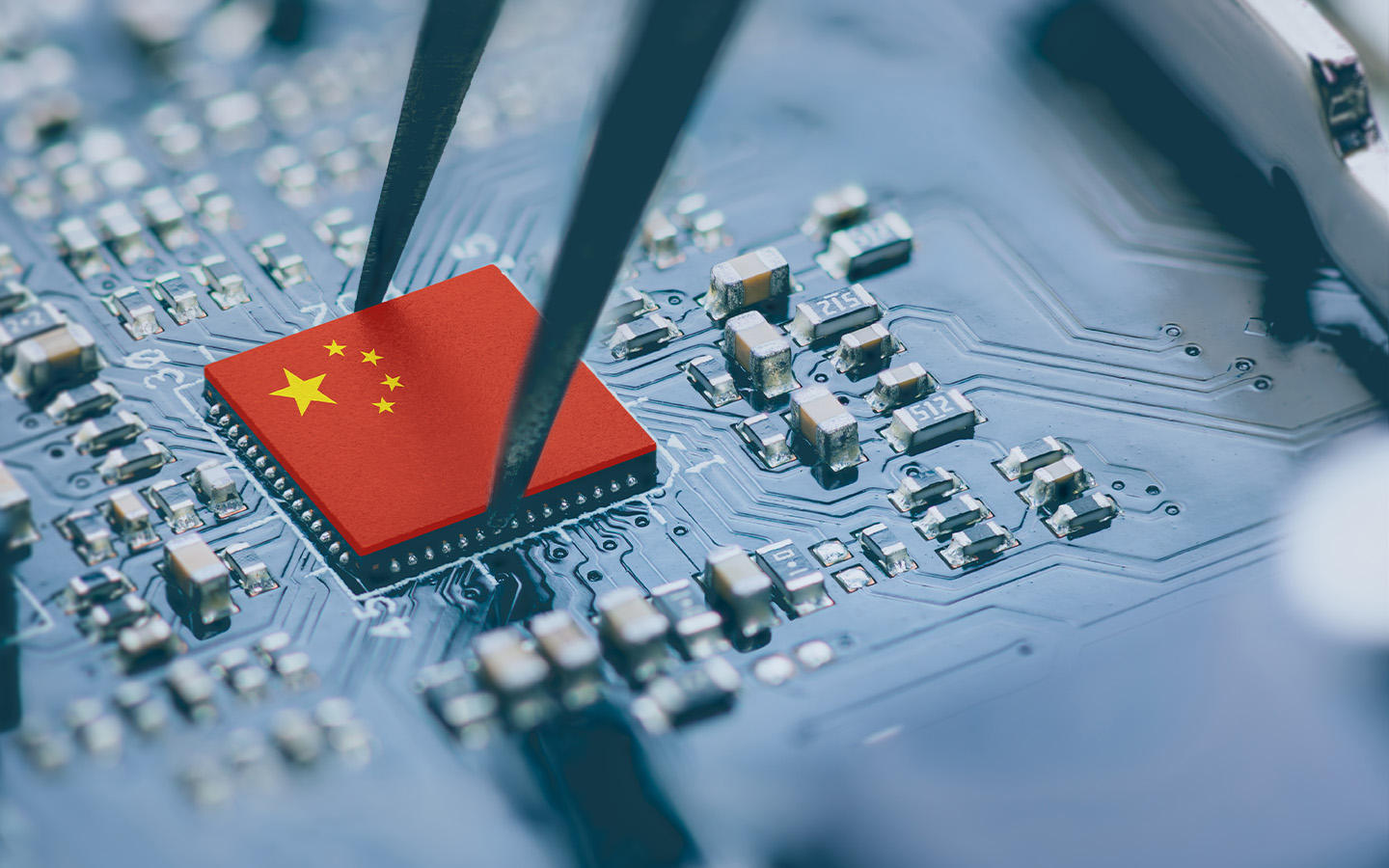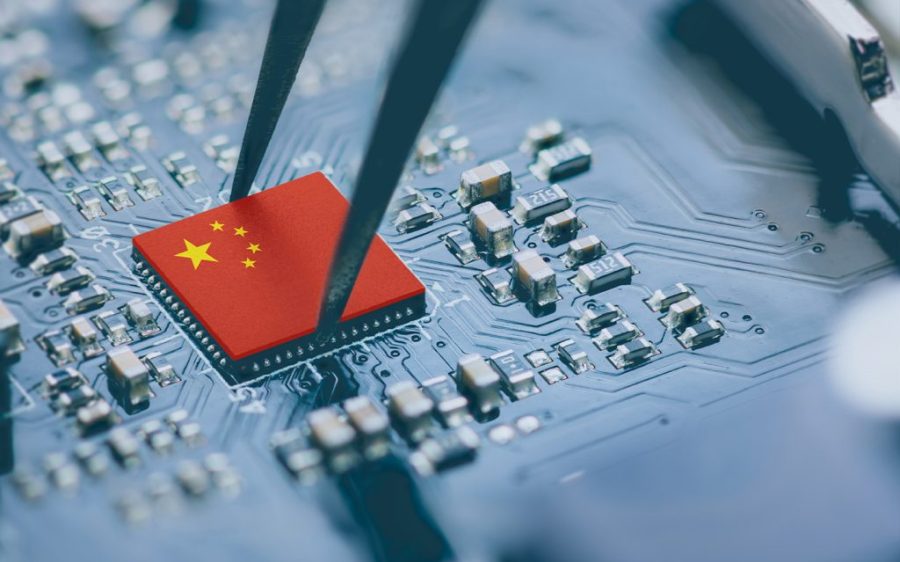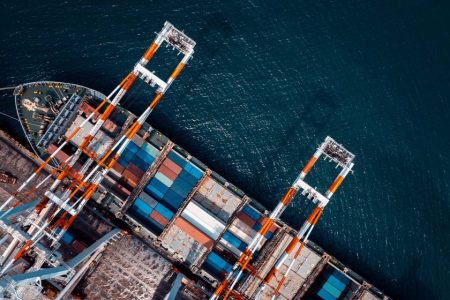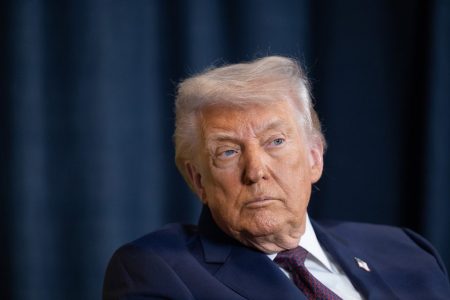China’s progress over the past decade in artificial intelligence (AI) and humanoid robotics were highlighted at a hearing held last week by the US-China Economic and Security Review Commission, an agency of the US government.
Liza Tobin, managing director at Garnaut Global, a geopolitical-risk advisory firm, drew attention to Beijing’s rapid ascent in those fields, in remarks reported by the South China Morning Post.
“Beijing has obliterated the myth that used to prevail in Washington a few years ago that China can’t innovate – that it can only borrow and steal technology,” she said via a written statement at the online hearing.
She said the US risks “losing the next industrial revolution, which is unfolding as AI converges with physical industry to transform how things are made.”
[See more: China will ‘overtake the US in hi-tech and military manufacturing in a decade’]
Describing China as Washington’s “primary strategic rival,” Tobin said the US was “unprepared to sustain a prolonged conflict” and that China controlled “critical inputs, from rare earth minerals to advanced electronics and even the energetic materials used in explosives for weapons.”
Another speaker at the hearing, Emily de la Bruyère, senior fellow at Foundation for Defense of Democracies, reiterated the progress China had made in challenging US technological supremacy.
“Ten years ago, when Beijing issued Made in China 2025, to describe this future risk was to sketch the fantastic; to paint an abstract, in many ways unimaginable threat,” she said. “Today, there is nothing abstract about it.”
Launched in 2015, Beijing’s Made in China 2025 strategic plan aims to transform the country from a low-cost manufacturing base into a high-tech superpower. Ten key focus industries have been identified, spanning advanced computing, aerospace, artificial intelligence and green energy (including electric vehicles). Since then, Chinese companies – the likes of BYD, Tencent and Huawei – have become dominant global players in these arenas.






